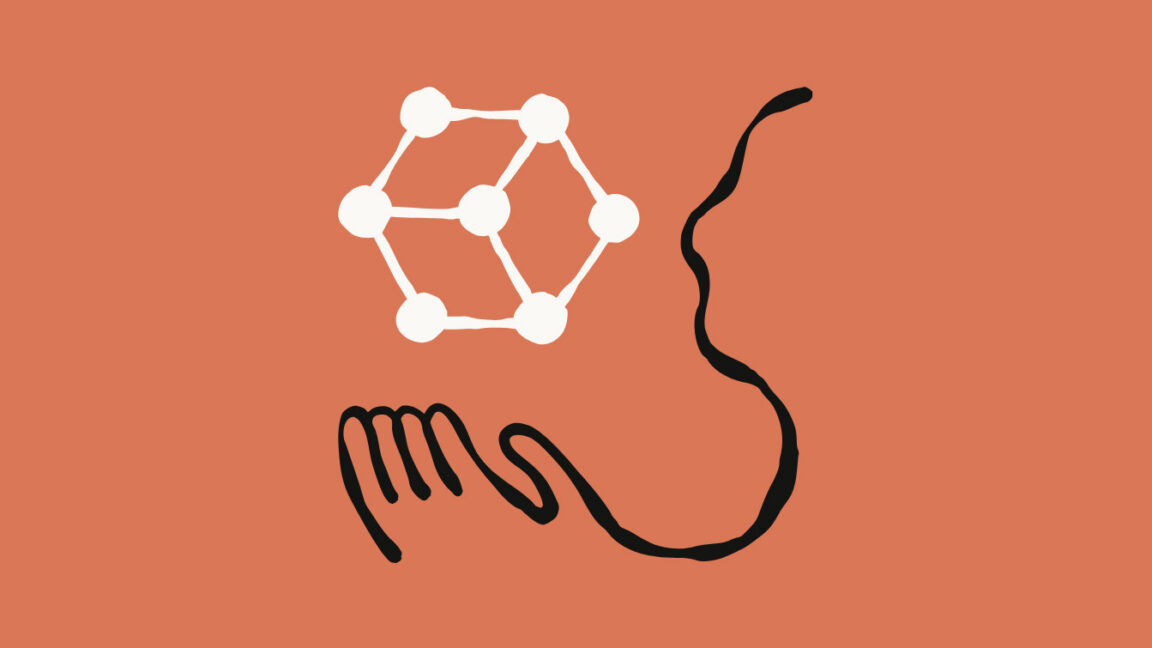Anthropic's recent launch of Claude Sonnet 4.5 marks a significant advancement in AI language models, particularly in its ability to maintain focus on complex, multi-step tasks for over 30 hours. This capability addresses a critical challenge in AI development: the tendency for agentic models to lose coherence over extended periods due to accumulating errors and limited context windows. The introduction of Claude Code 2.0 and the Claude Agent SDK further enhances the utility of this model for developers, positioning it as a versatile tool in the evolving landscape of AI applications. The model's performance raises important questions about the balance between size, speed, and cost in AI model development, especially as it relates to maintaining contextual depth and problem-solving capabilities.
The implications of Sonnet 4.5's sustained focus are profound, suggesting a leap forward in the reliability and efficiency of AI systems for complex tasks. By successfully navigating the trade-offs between model size and performance, Anthropic has positioned Sonnet 4.5 as a compelling option for developers seeking robust AI solutions. This development not only enhances the potential for AI in coding and automation but also sets a new benchmark for future models in the Claude family. As AI continues to integrate into various sectors, the ability to maintain coherence over long durations will be crucial for applications requiring sustained cognitive engagement, thereby influencing the trajectory of AI technology and its adoption across industries.









